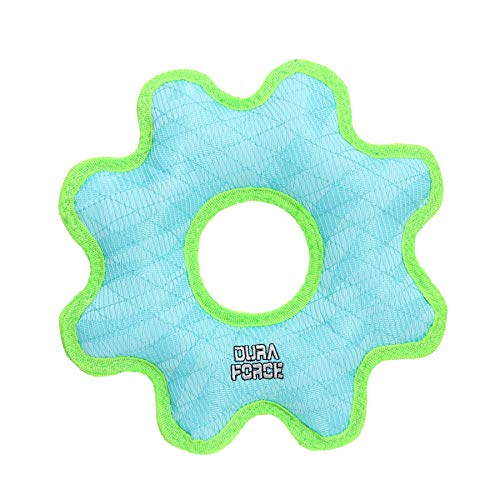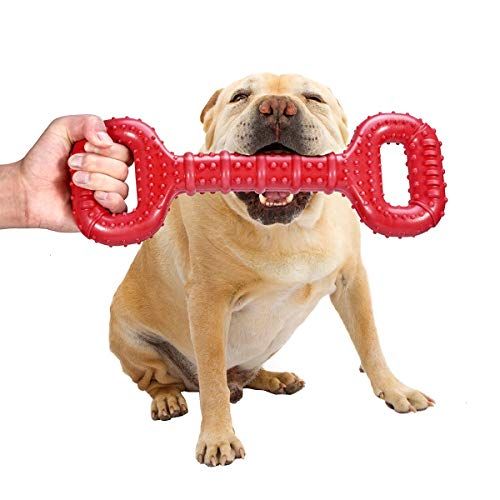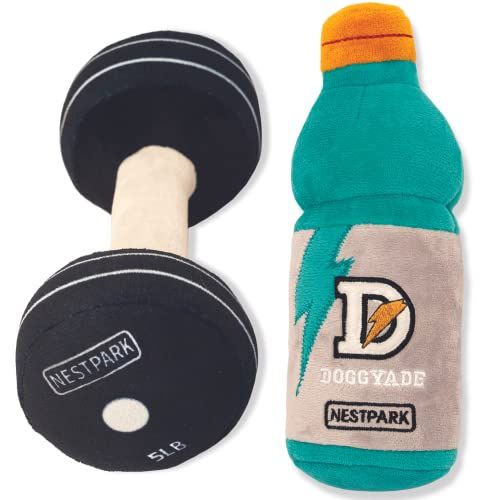Exploring the Size of Your Dog's Brain: Insights & Implications
Ever wonder what goes on inside your canine friend's head? The brain of a dog, though much smaller than ours, is a complex organ responsible for their unique behaviors, intelligence, and emotional responses. In this guide, we'll take a detailed look at a dog's brain size, its intricate structure, and its implications on your pet's actions and abilities. Get ready to dive deep into the fascinating world of canine cognition.
Understanding your dog's brain size and what it implies can be a complex subject to tackle, with various factors at play. The size of a dog's brain can vary significantly depending on their breed, size, and individual genetic factors. However, brain size is only one part of the puzzle when it comes to your pet's cognitive abilities and behavior.
Let's start with the basic understanding of a dog's brain. Similar to humans, a dog's brain is divided into two hemispheres, each responsible for different functions. The left hemisphere typically controls logical thinking, while the right controls creative and intuitive thinking. The brain also has various regions, each responsible for different functions. For instance, the frontal lobe is in charge of problem-solving and decision-making, while the cerebellum controls motor skills.
The size of a dog's brain can be largely dependent on the breed and overall size of the dog. Generally, larger breeds tend to have larger brains. However, this does not necessarily equate to higher intelligence or cognitive abilities. For example, a Great Dane's brain is much larger than a Chihuahua's, but this doesn't mean that the Great Dane is necessarily smarter. It's important to remember that cognitive abilities are not only determined by the size of the brain but also by the structure, complexity, and functionality of the brain.
What does this mean for your dog? It means that although the size of your dog's brain can give some indication of their physical capabilities - larger dogs may have better spatial awareness or coordination, for instance - it doesn't necessarily correlate with their intelligence or ability to learn and understand commands. This is because a dog's intelligence is determined more by the number and complexity of the connections in their brain, known as synapses, rather than the sheer size of the brain itself.
Dog intelligence can be broken down into different types, such as instinctive intelligence (which relates to the skills and tasks a breed was developed to perform), adaptive intelligence (the ability to solve problems and learn from experience), and working and obedience intelligence (the ability to learn and follow commands). Therefore, when we consider a dog's 'brainpower', we're really referring to these different types of intelligence, rather than the physical size of the brain.
Research has shown that training and stimulation can significantly impact a dog's cognitive abilities. So regardless of your dog's breed or brain size, providing them with plenty of mental stimulation, such as puzzles, games, and training, can help to keep their brain sharp and enhance their cognitive abilities.
Find out more: How big is my dog's brain
In conclusion, while the size of your dog's brain can vary based on their breed and size, it doesn't necessarily correlate directly with their intelligence or cognitive abilities. Instead, a combination of genetic factors, training, and environmental stimulation plays a crucial role in determining a dog's mental capacities. It's important to remember that each dog is unique, with their own individual strengths and abilities, regardless of the size of their brain.















